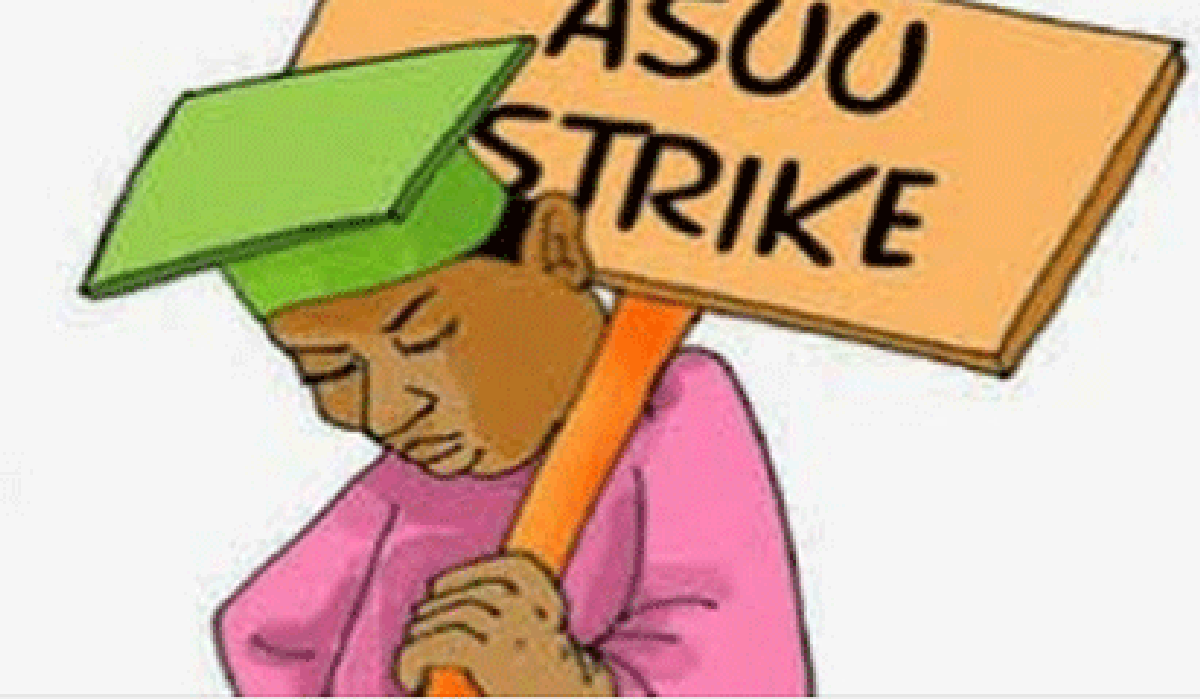The Academic Staff Union of Universities (ASUU) has started mobilising its chapters across Nigeria in preparation for a nationwide two-week warning strike. The strike is slated to begin on October 13, 2025, unless the federal government meets its demands. This mobilisation reflects the union’s urgency and commitment to pushing for a resolution.
Union leaders have sent circulars to branches, urging members to prepare for industrial action. They call for unity, discipline, and full participation from all chapters. The strike bulletin emphasizes that failure by the government to act will trigger the full warning strike.
Ultimatum and Conditions for Strike
ASUU issued a 14-day ultimatum to the federal government following its September 28 National Executive Council meeting. The union demanded resolution of long-standing issues, including better funding, improved university infrastructure, payment of salaries and allowances, and implementation of previous agreements.
The union resolved that if the government fails to take acceptable and satisfactory steps by the ultimatum’s expiry, the two-week warning strike will begin. Union leadership communicated the decision to the Ministers of Labour, Education, and other stakeholders.
Frustration Over Government Inaction
Union leaders express deep frustration over what they call government silence and lack of meaningful engagement. They argue the federal government has not honored dialogues or acted on recommendations in the renegotiated agreement. The union insists the strike has become inevitable due to continued negligence.
Critics warn that the strike could further disrupt academic calendars, delay graduations, and impact students’ futures. However, ASUU insists it gave ample notice and that the government had many months to respond.
How Universities Prepare
ASUU chapters across states now coordinate meetings, inform students, and strategize about picketing and resistance. Some university managements are expected to respond ahead of time. The union also instructs members to await directives from branch chairpersons and avoid unilateral action.
Meanwhile, students, parents, and staff brace for the consequences. Some universities may suspend academic activities, while others attempt contingency plans. The media and public will closely watch whether any last-minute agreement emerges.
Possible Outcomes and Stakes
If the government accedes to ASUU’s demands, the strike may be averted. But if no meaningful concessions arrive, full implementation is likely. The union seeks not only temporary fixes but sustainable reforms in university governance and funding.
A warning strike also sets the stage for an indefinite strike if demands remain unmet. ASUU aims to pressure the government while retaining room for negotiation. The outcome will signal how serious both sides take higher education in Nigeria.
Conclusion
ASUU’s mobilisation ahead of the October 13 warning strike marks a critical moment in Nigeria’s education sector. The union has issued ultimatums, rallied members, and positioned itself firmly for action. Government response in the coming days will determine whether universities enter weeks of disruption or whether a breakthrough halts the impending industrial action.
Bonus Read: Nobel Prize in Physics to Be Announced Today in Stockholm




One thought on “ASUU Mobilises Chapters for October 13 Warning Strike Across Nigerian Universities”